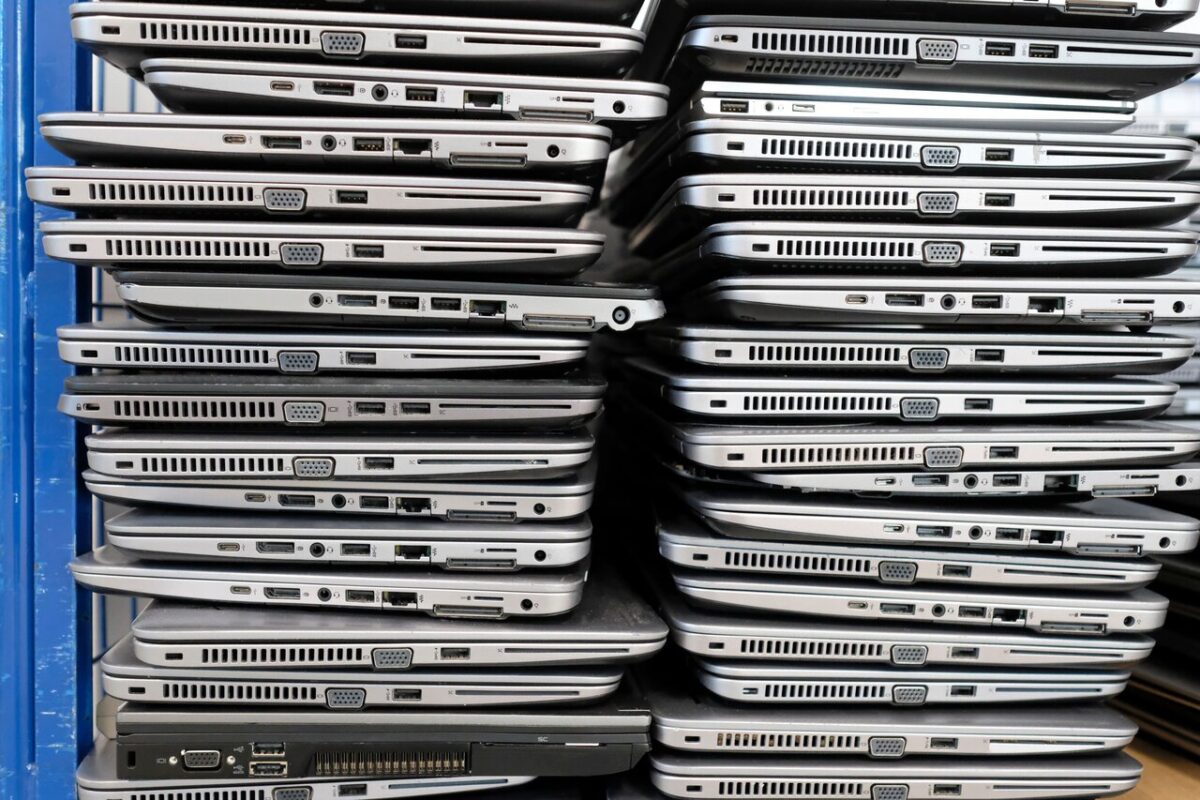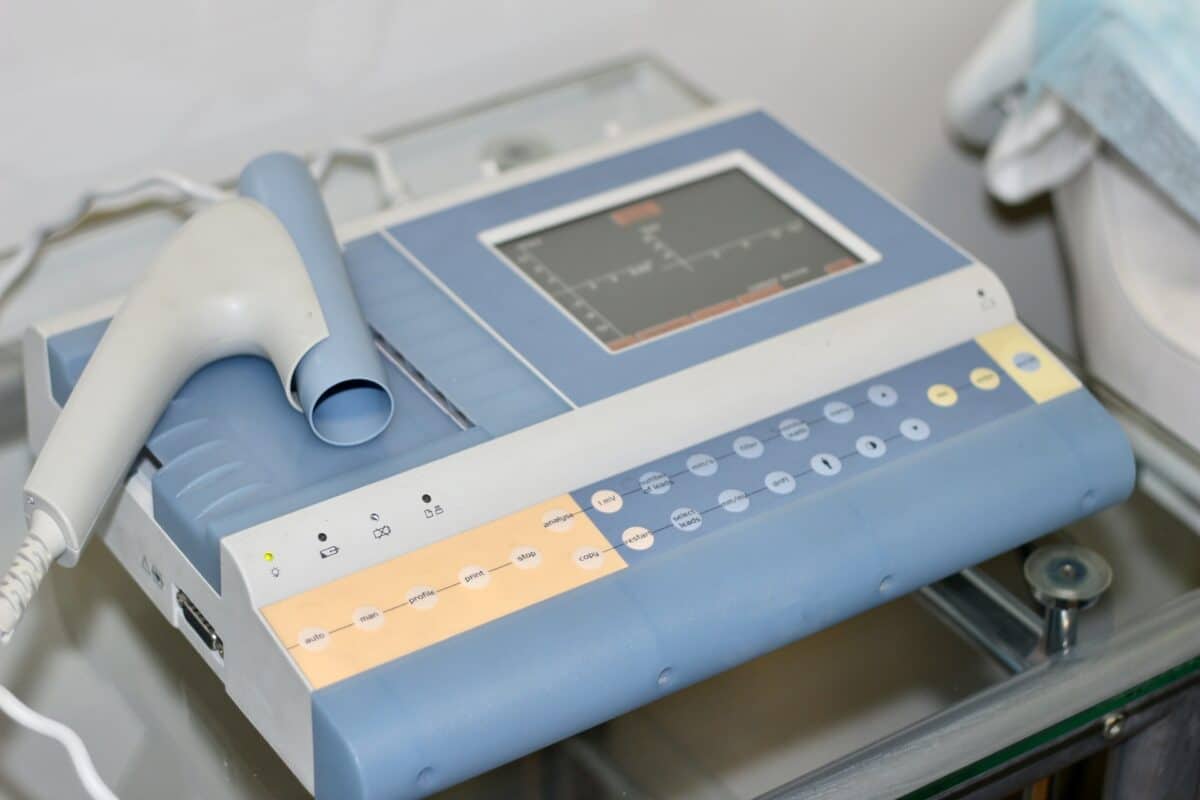Streamlining Disposal of IT Equipment in Atlanta: Understanding Laws, Regulations, and Best Practices
Proper disposal of IT equipment is crucial in today’s digital era, both for environmental sustainability and data security. Whether you’re an individual or a business in Atlanta, understanding the legal requirements and following industry best practices will ensure your IT assets are disposed of in an environmentally responsible manner. This article will guide you through important regulations and recommended practices, helping you streamline the process and protect the environment.
In this comprehensive guide, we will explore essential aspects, such as relevant federal and state laws, industry standards, and practical tips for IT equipment disposal. By providing you with this vital knowledge, we aim to empower you to make responsible choices when disposing of your IT devices, contributing to a greener Atlanta and promoting data security.
What Types of Electronics Can Be Recycled in Atlanta?
In Atlanta, a wide range of electronic devices can be recycled, helping to promote environmental sustainability and reduce electronic waste in landfills. Some commonly accepted items include:
– Computers and their peripherals (e.g., keyboards, mice, and printers)
– Monitors (both CRT and flat panel)
– Laptops, tablets, and smartphones
– VCRs, DVD players, and gaming consoles
– Small household appliances such as microwaves, coffee makers, and vacuum cleaners
Each recycling center in Atlanta may have different acceptance guidelines, so it’s essential to check with the specific facility, such as Green Atlanta Recycling, for our approved list of electronics.
How Do I Safeguard My Data When Recycling Electronics?
When recycling electronic devices that may contain sensitive data, it’s crucial to ensure that your personal information is secure. Follow these steps to protect your data before recycling your electronics:
1. Create backups of all essential files and data stored on the device, using external storage media or cloud storage services.
2. Use specialized software applications such as DBAN or Eraser to completely wipe the device’s storage, eliminating any remnants of sensitive information.
3. Physically remove storage components, such as hard drives or SSDs, and securely destroy or separately recycle them.
By partnering with a reliable and data security-focused recycling facility, you can be confident in the safe handling and disposal of your electronics.
Where Can I Find Electronics Recycling Centers in Atlanta?
There are multiple options for finding electronics recycling centers in Atlanta, including:
– Dedicated recycling facilities
– Designated drop-off locations at local waste disposal sites
– Retailer-sponsored electronics take-back programs
Keep in mind that facilities may have specific drop-off hours, guidelines, or restrictions on the types of electronics they accept. It’s important to research and understand these requirements to ensure the proper handling and disposal of your electronic waste.
Are There Any Costs Associated with Electronics Recycling in Atlanta?
Fees for recycling electronics in Atlanta can vary depending on the type of item and the recycling center. Some centers may charge fees for certain types of electronics that require special handling or processing, such as CRT monitors, appliances containing refrigerants, or batteries. Conversely, many recycling facilities accept other electronic items for free or even offer buyback programs for devices containing valuable materials.
Green Atlanta Recycling offers free recycling services for numerous electronics and only charges minimal fees for specific items. It’s essential to check with the recycling center in advance to be aware of any associated costs.
How Can Atlanta’s Businesses Manage Their Electronic Waste Responsibly?
Businesses need to take responsibility for the proper management of their electronic waste. To create and maintain environmentally responsible practices for e-waste disposal, businesses should:
1. Develop and implement a company-wide e-waste management policy outlining the procedures for recycling and disposing of obsolete or end-of-life electronics.
2. Train employees on the company’s e-waste management policy and encourage participation in recycling initiatives.
3. Organize and maintain designated collection points or events for the convenient disposal of electronic waste.
Forming partnerships with reputable recycling services, such as Green Atlanta Recycling, can also simplify the e-waste management process for businesses and ensure adherence to industry best practices.
Electronics Recycling in Atlanta: The Importance of Compliance
To promote responsible electronics recycling, residents and businesses should be aware of the relevant laws and regulations governing the proper disposal of e-waste. The Environmental Protection Division (EPD) of the Georgia Department of Natural Resources outlines rules and best practices for managing electronic waste.
Additionally, residents and businesses should familiarize themselves with the United States Environmental Protection Agency’s (EPA) regulations concerning electronic waste to ensure compliance with federal recycling requirements.
By staying informed and following proper disposal practices, individuals and businesses can contribute to the responsible management of electronic waste, fostering sustainability and environmental stewardship in the city.
Promoting Recycling in Your Community
Beyond participating in electronics recycling programs yourself, consider promoting the importance of responsible recycling practices within your community. By sharing information about recycling guidelines, facilities, and events, you can help motivate others to limit their ecological impact and responsibly dispose of their electronic waste. Supporting recycling education and initiatives can lead to widespread behavior change and a collective effort toward a cleaner and greener Atlanta.
Be Part of Atlanta’s Greener Future with Responsible Electronics Recycling
Knowledge about responsible electronics recycling is a powerful tool for promoting a greener, more sustainable Atlanta. By addressing common questions and concerns surrounding recycling programs in the city, this article aims to guide residents and businesses in making well-informed decisions about their electronic waste disposal.
Embrace a greener future for Atlanta by visiting Green Atlanta Recycling to learn more about our comprehensive range of electronics recycling services in Atlanta. Schedule a pickup or drop-off today and take a bold step towards reducing electronic waste and promoting sustainability within our beloved city.









